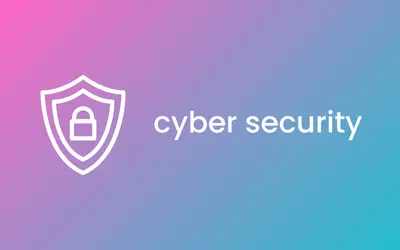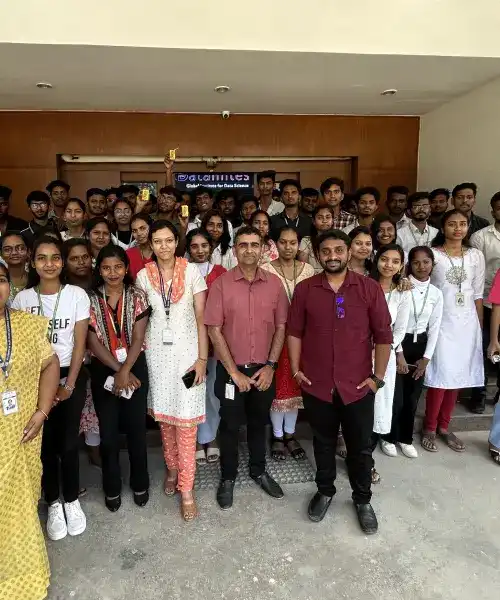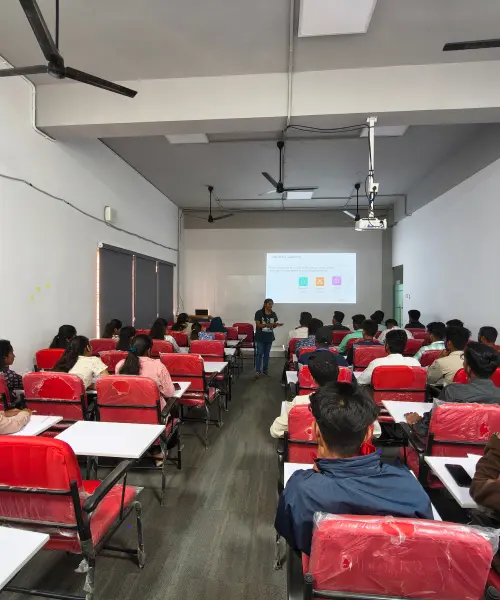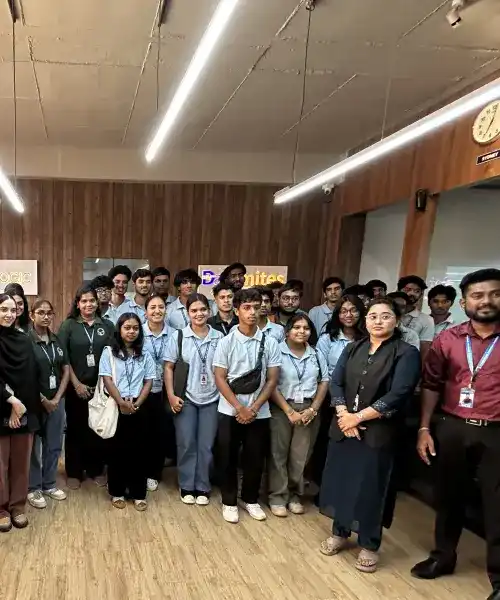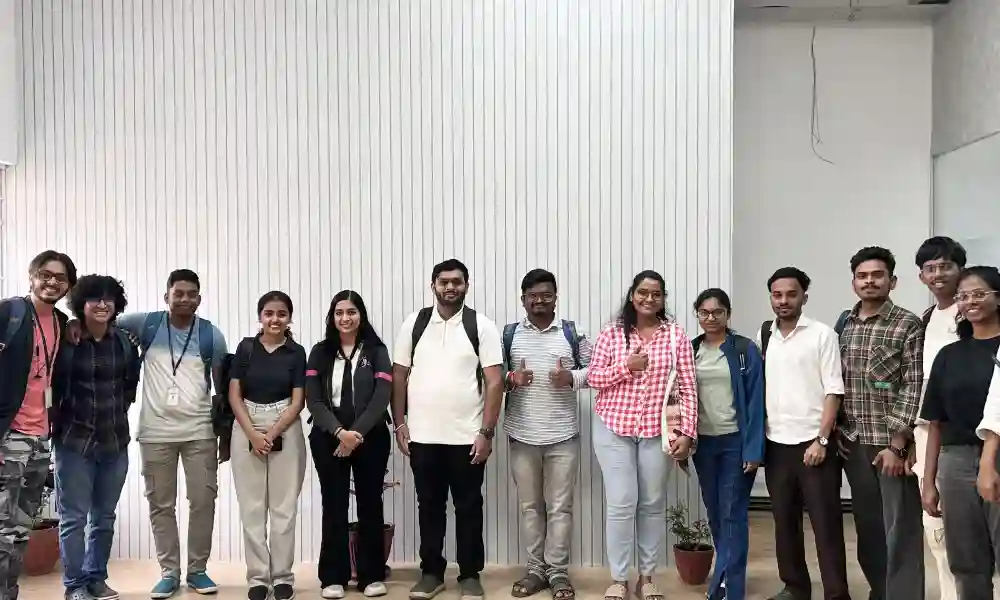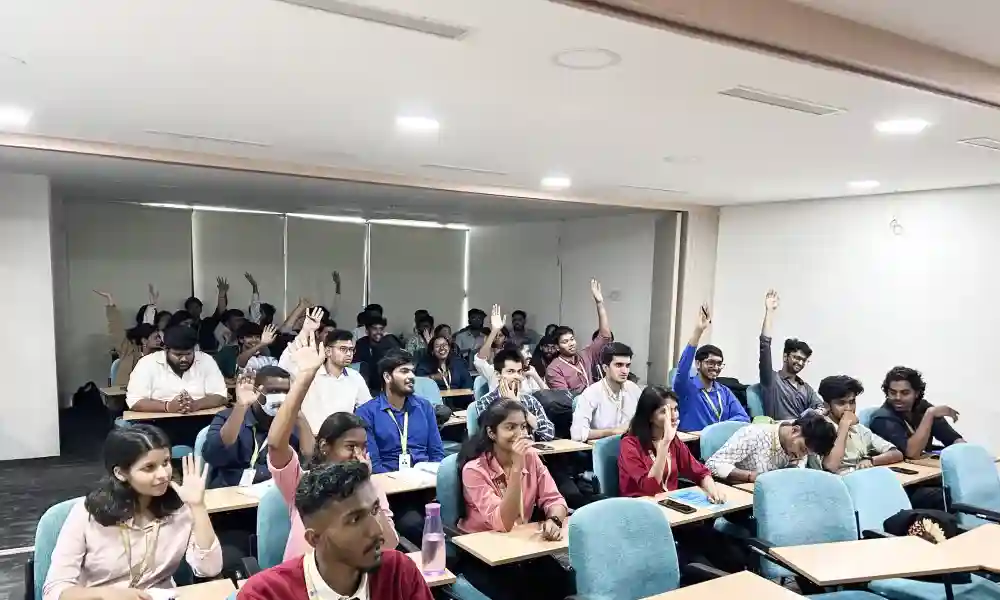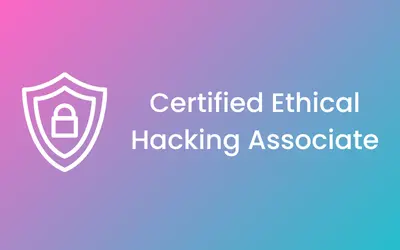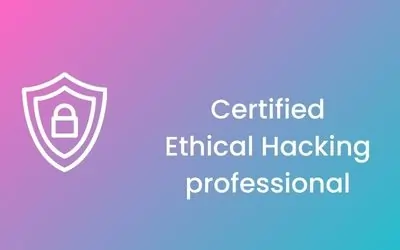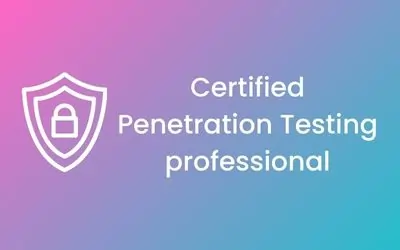CYBER SECURITY TRAINING IN VADODARA
-

-
(15659 Reviews)
-
Exciting Career Opportunities: Explore the best job openings in Vadodara’s cyber security field. Prepare for top roles like security analyst or ethical hacker.
-
Essential Skills for Success: Master the most important skills like network security, threat analysis, and risk management to protect businesses online.
-
Hands-On Training Experience: Gain the best real-world experience through internships with leading companies. Boost your skills and confidence for a thriving cyber security career.
